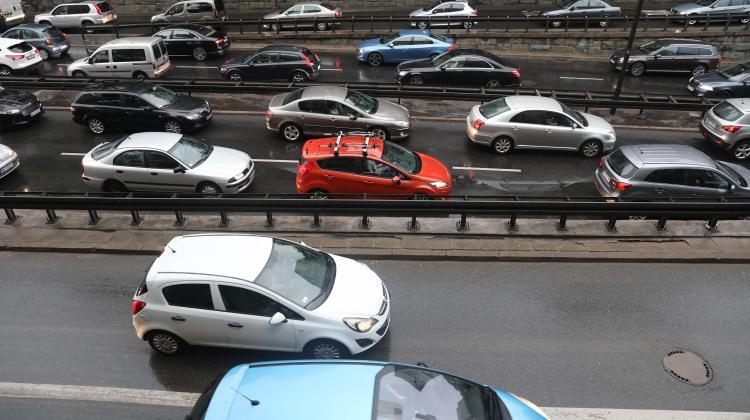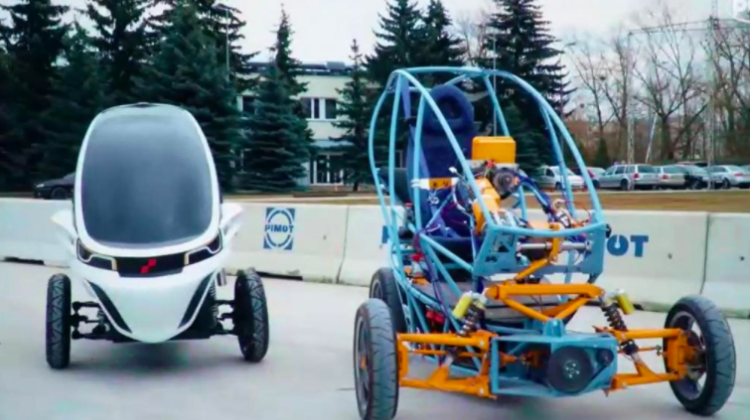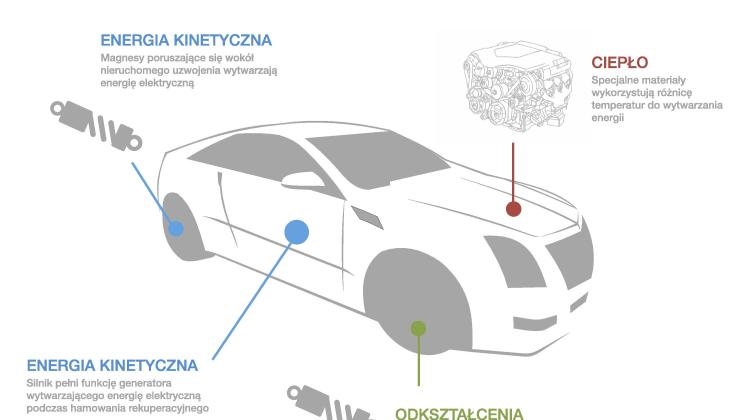Warsaw engineers working on micro city vehicle with replaceable battery
 Credit: PAP/Tomasz Gzell 16.05.2018
Credit: PAP/Tomasz Gzell 16.05.2018
Light and easy to assemble and disassemble quickly, with combined features of a scooter and a monowheel, and above all, running on batteries that can be replaced at a city charging station: The electric micro-vehicle LEONARDO is being developed under a Horizon 2020-funded project.
Engineers from the Military University of Technology in Warsaw will work on the design and numerical simulations. They will also participate in the construction of the prototype and its optimisation. Dozens of prototype vehicles will be tested by volunteers in Rome and Eliat in real city traffic.
The university’s Dr. Krzysztof Damaziak said: “The new micro-vehicle will be distinguished by a compact design with the possibility of quick assembly and disassembly, a smart compilation of scooter and monowheel features, low weight and an innovative electric power supply system that will allow for operation in an autonomous or innovative battery sharing mode.”
The vehicle will be equipped with a unique control and service system, which is why mechanics, electronics engineers, IT and mechatronics specialists are working together to create it. The production of prototypes and commercialisation of the effects of research and development works will be carried out by motorcycle manufacturer Betamotor.
The battery sharing system will be made possible by charging stations located in different parts of the city. That is where users will be able to replace their discharged batteries with new ones. There will be no need to replace the entire vehicle, as is the case with current shared transport systems.
Damaziak said: “The functional features and an extremely intuitive control method will certainly contribute to the micro-vehicle achieving market success.”
The Warsaw engineers will receive 191,000 euros for designing the innovative prototype vehicle, research will start in March 2021 and continue for three years. The total budget of the project exceeds EUR 2 million.
The consortium leader is Universita Degli Studi di Firenze (Italy). The consortium members also include: Verkehrsunfallforschung an der tu Dresden GmBH (Germany), Betamotor Spa (Italy), UNeed.IT Srl (Italy), Municipalità di Roma (Italy), Eilat Municipality (Israel), Fundacion TEKNIKER (Spain) and Antproject TVIP SL (Spain).
PAP - Science in Poland
kol/ zan/ kap/
tr. RL
Przed dodaniem komentarza prosimy o zapoznanie z Regulaminem forum serwisu Nauka w Polsce.


















